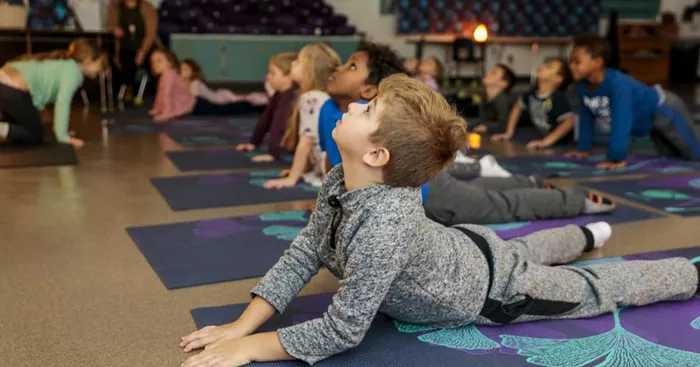VERONA, Wis. – The transition back to school presents a unique set of challenges for students, often marked by heightened stress and adjustment difficulties following the summer break. This annual shift can be particularly tough for many, as they return to the structure and demands of academic life.
Gail Murray, a mental health educator and coach with UnityPoint Health-Meriter, highlights that this period is fraught with stress for a significant number of students. “Many of us are coming out of summer vacation when we are able to do what we want when we want,” Murray explained. “Approximately ninety percent of students who visit our facility identify school as a major stressor.”
The complexity of school-related stress stems from its multifaceted nature, encompassing academic pressures, social dynamics, and extracurricular commitments. Murray noted that many students report feeling overwhelmed by these combined factors.
Having spent 32 years as a public school teacher before shifting to mental health coaching, Murray is well-acquainted with the pressures students face. She emphasized that the overarching objective, whether as a teacher or a parent, is to cultivate resilience in children. “Our goal is always to teach our children to be resilient adults. But they can’t do it unless they are taught.”
Shaney Andler, a fellow educator at UnityPoint Health-Meriter, shares this commitment to fostering resilience. Andler, who authored the book “Back Pocket,” created the resource to assist teens in managing mental health challenges. Her motivation stemmed from her own experiences with her son Alex, who battled severe anxiety during middle school. The book compiles effective coping strategies developed through their journey.
“We worked closely with Alex to develop coping mechanisms, and he is now 24 and thriving with these skills,” Andler said. Her success story serves as an inspiration for others grappling with similar issues, and she hopes the book can offer valuable support to a broad audience. “It is very equitable for kids of different ages and backgrounds. It really works for everybody,” Andler noted.
The coping strategies outlined in “Back Pocket” are straightforward yet effective. “There’s nothing groundbreaking in them, but they are organized in a way that I think kids can really grasp and understand,” Andler explained. She also pointed out that many children facing mental health issues may struggle with knowing where to turn for help, emphasizing the importance of normalizing these experiences.
To further support this initiative, Andler has authored a companion guide for parents, “Back Pocket For Parents,” set to release on Monday. This extension of her work aims to equip parents with tools to better support their children’s mental health.
Currently, “Back Pocket” is being utilized in numerous Wisconsin classrooms, with positive feedback from both educators and parents who find the strategies beneficial for their own lives.
[inline_related_posts title=”You Might Be Interested In” title_align=”left” style=”list” number=”6″ align=”none” ids=”11141,11145,10968″ by=”categories” orderby=”rand” order=”DESC” hide_thumb=”no” thumb_right=”no” views=”no” date=”yes” grid_columns=”2″ post_type=”” tax=””]


































